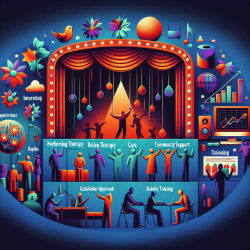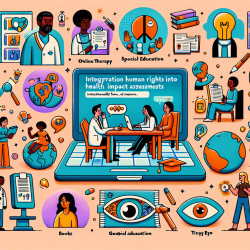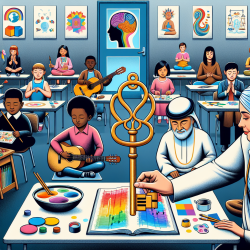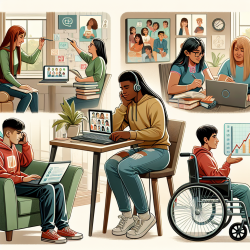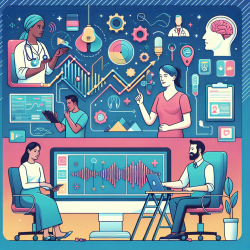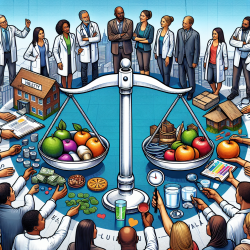Mental health challenges among adolescents and young adults (A-YA) are on the rise, with depression and anxiety becoming increasingly prevalent. Despite the availability of treatment options, many young individuals disengage from traditional therapies. This disengagement highlights the need for innovative approaches that resonate with the unique needs of this demographic. One such promising approach is music-based intervention.
The Promise of Music-Based Interventions
A systematic review titled A Systematic Review of Music-Based Interventions to Improve Treatment Engagement and Mental Health Outcomes for Adolescents and Young Adults sheds light on the potential of music as a therapeutic tool. The review identifies three primary categories of music-based interventions: Somatosensory, Social-Emotional, and Cognitive-Reflective. These interventions are often socio-cognitive or holistically integrated, combining elements from all three categories to address various mental health outcomes.
Key Findings
- Social-Emotional Improvements: Many studies report significant improvements in social and emotional well-being among adolescents participating in music-based interventions. Activities like group improvisation and lyric analysis help foster emotional expression and social connections.
- Reduction in Internalizing Symptoms: Music-based interventions have shown promise in reducing symptoms of anxiety and depression. By engaging participants in both active (e.g., drumming) and receptive (e.g., listening) musical activities, these interventions can provide a therapeutic outlet for emotional regulation.
- Cultural Relevance: Hip Hop Therapy, a subset of music-based interventions, emphasizes cultural relevance and empowerment. It integrates elements of Hip-Hop culture into therapeutic settings, offering a relatable and engaging platform for marginalized youth.
The Mechanisms of Change
The review highlights the importance of understanding the psychosocial mechanisms through which music-based interventions effect change. While explicit mechanisms like hope have been empirically tested, implicit mechanisms such as emotional resonance and social cohesion remain areas ripe for further exploration.
The experimental therapeutics approach offers a framework for identifying these mechanisms. By focusing on specific mediators like emotion regulation skills or self-expression, practitioners can tailor interventions to maximize their impact on mental health outcomes.
Implications for Practice
The findings from this review suggest several practical applications for practitioners looking to integrate music into their therapeutic repertoire:
- Diverse Application: Music-based interventions can be used as standalone treatments or as complementary components to traditional therapies. This versatility allows practitioners to adapt their approach based on client needs.
- Cultural Sensitivity: Emphasizing cultural relevance through approaches like Hip Hop Therapy can enhance engagement among diverse populations, particularly those who may feel disconnected from conventional therapeutic models.
- Tailored Interventions: Understanding the typology of music-based interventions enables practitioners to select strategies that align with clients' developmental stages and cultural backgrounds.
A Call for Further Research
The systematic review underscores the need for more rigorous studies to explore the long-term effects and mechanisms of music-based interventions. As practitioners continue to innovate within this field, ongoing research will be crucial in refining these approaches and expanding their evidence base.


